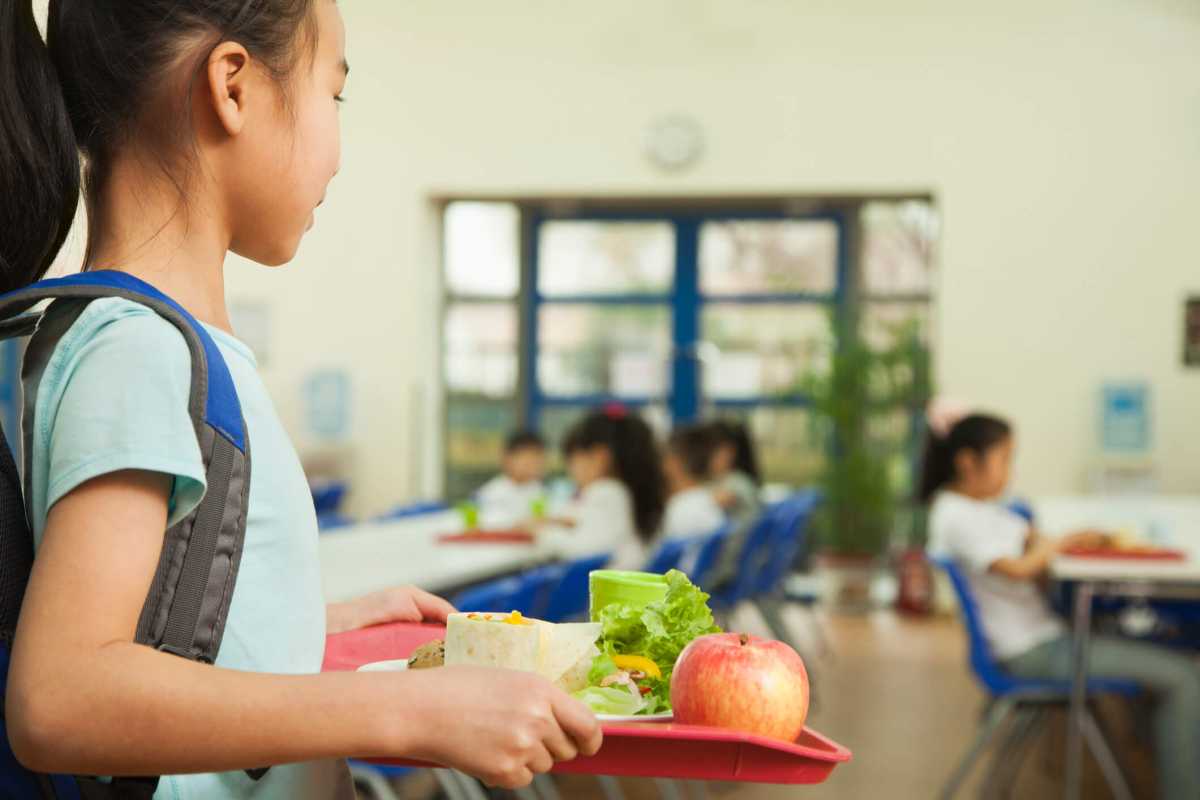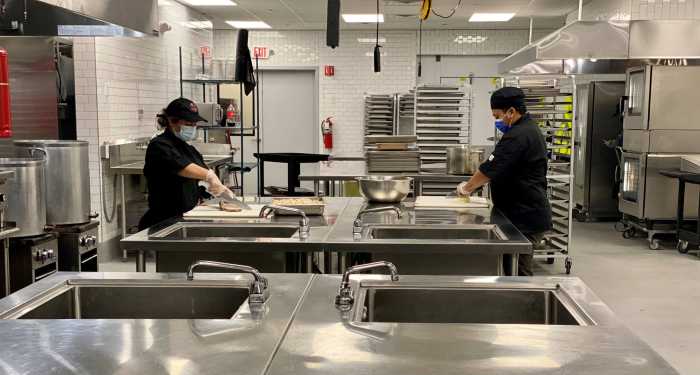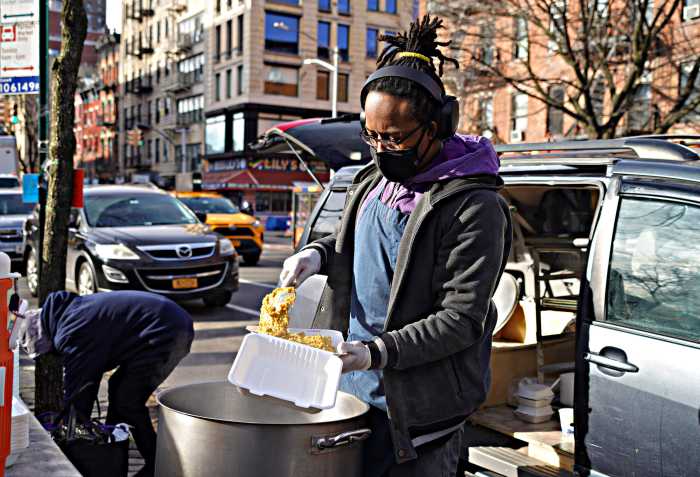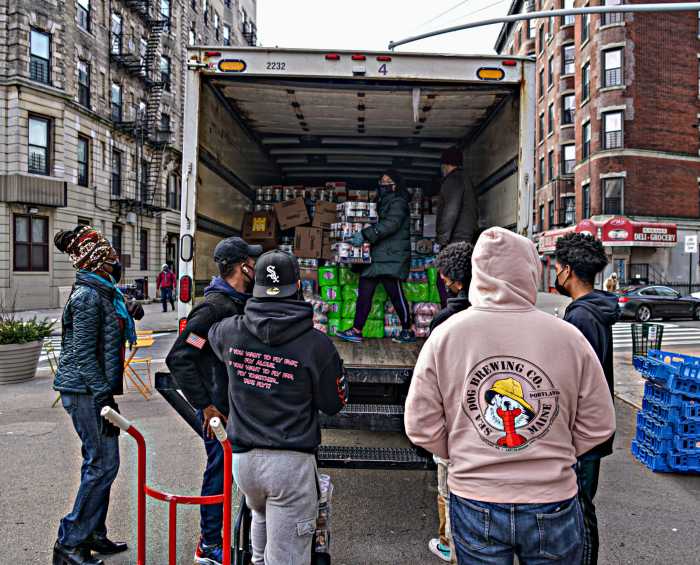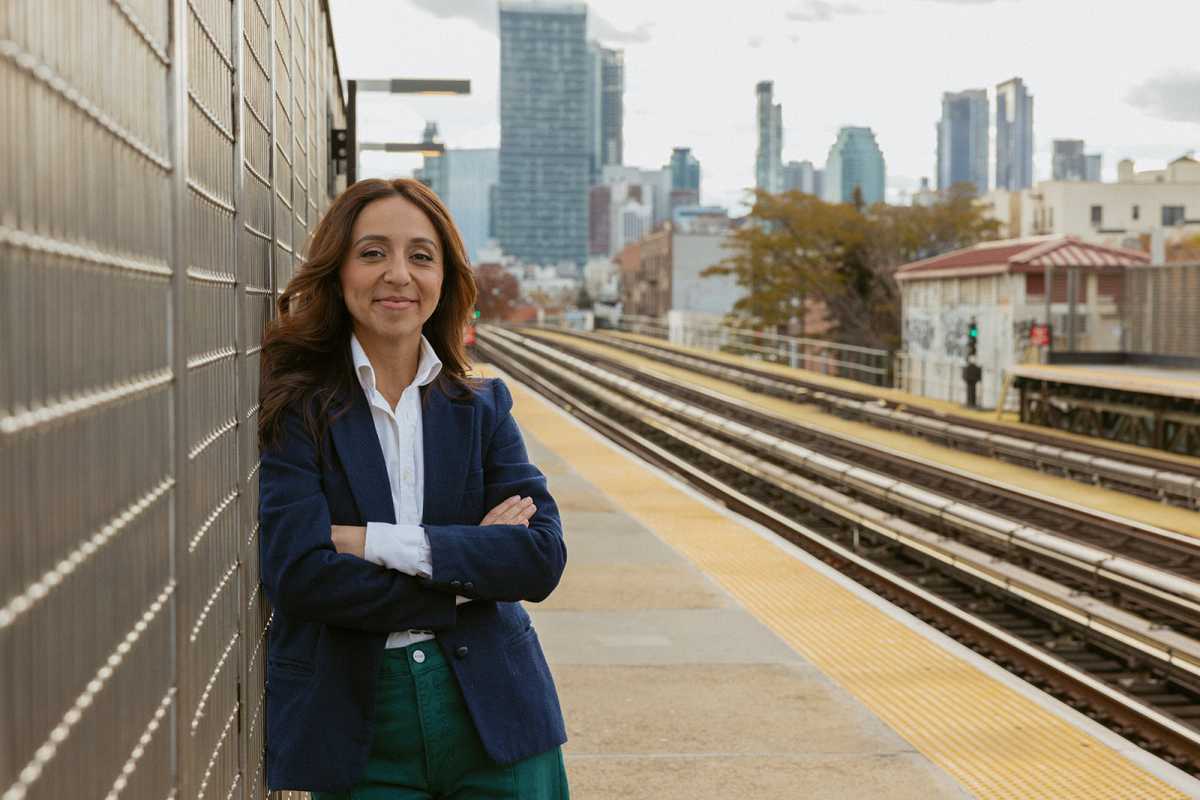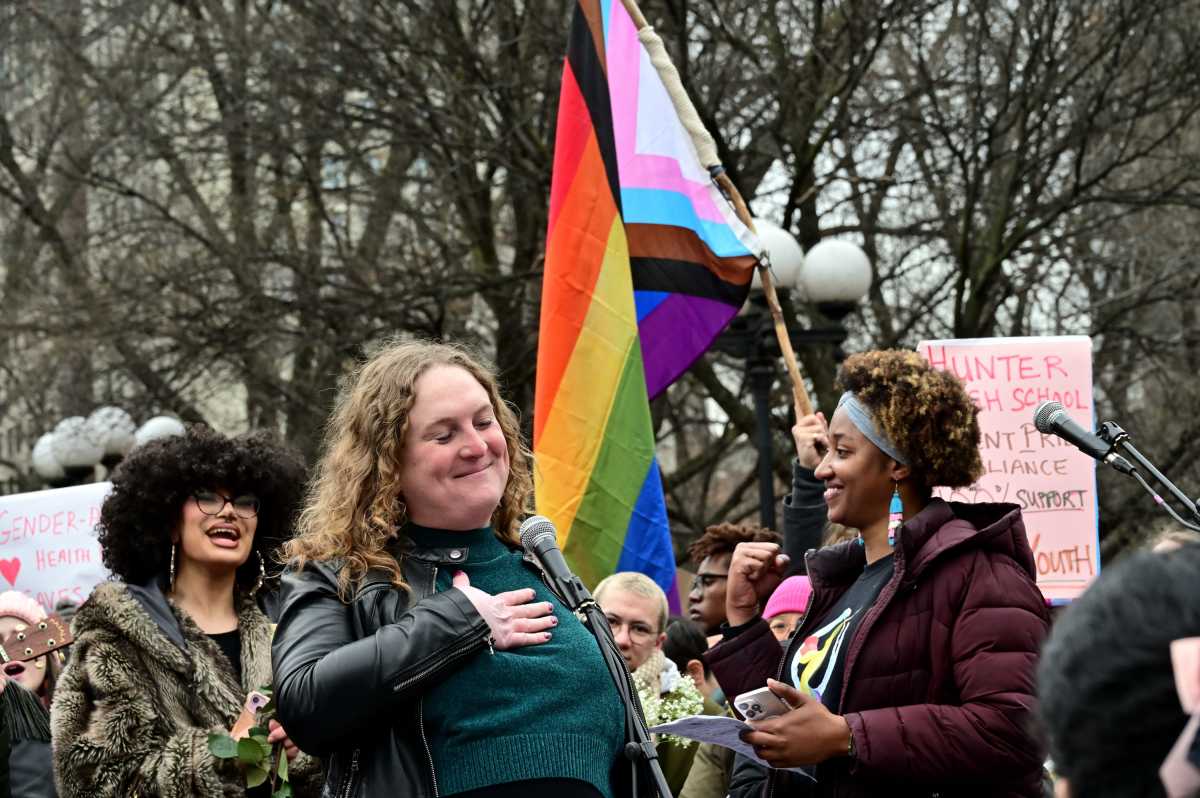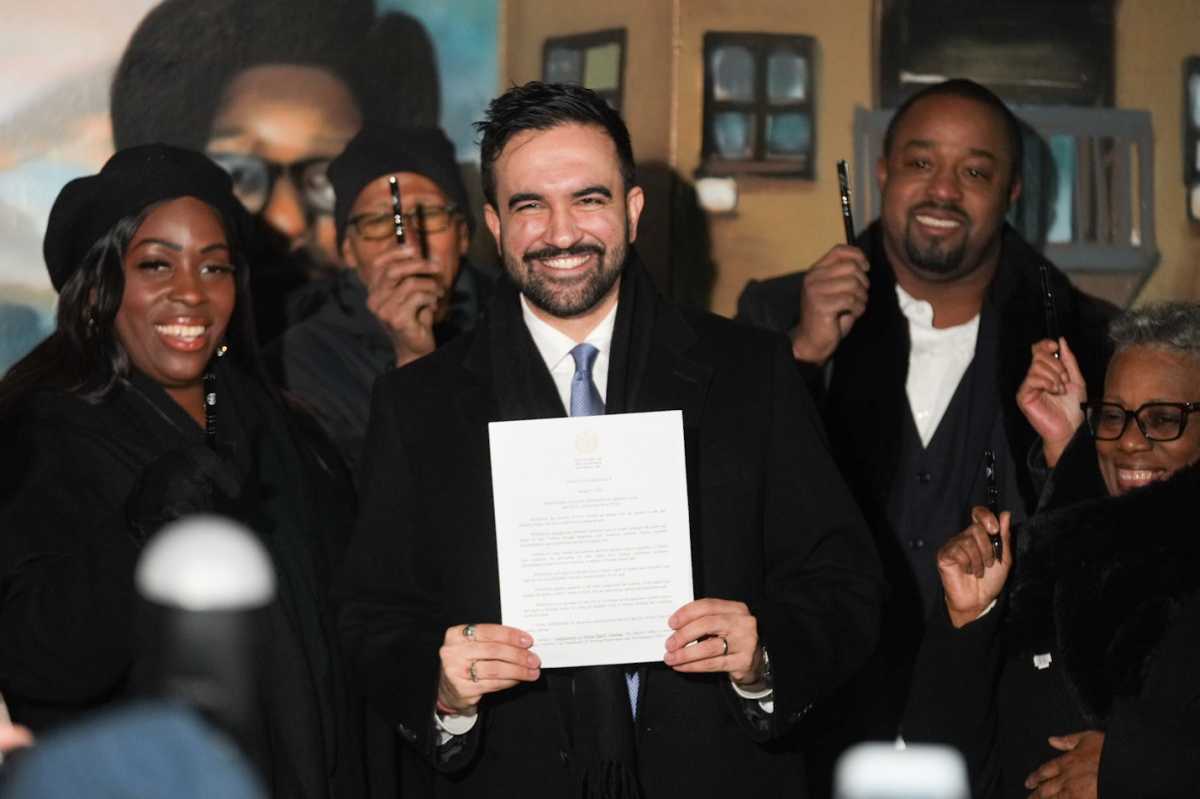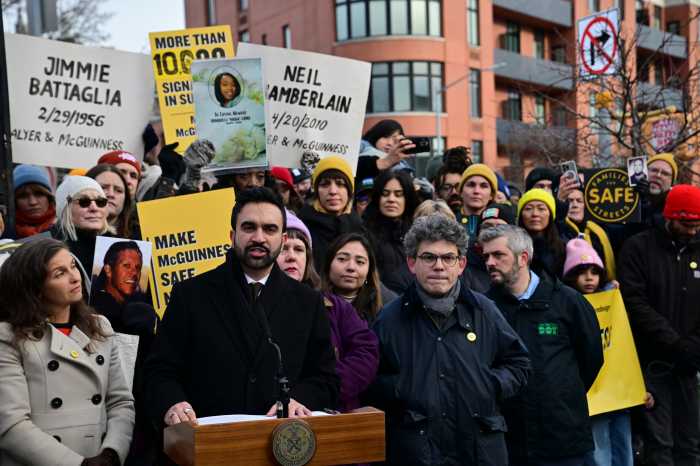For the nearly one million children enrolled in our public school system, schools are more than just places where kids learn their ABC’s. We were painfully reminded of this fact during the COVID-19 pandemic, as NYC Schools’ grab-and-go meals provided a lifeline to children and families across the city. But even before the pandemic ravaged our city, we had not placed enough emphasis on how school meals can not only address the crisis of hunger and food insecurity our kids are facing, but also promote a better learning environment. If we are going to fully embrace the whole child approach to educating New York City’s students, that must change.
We know that well-nourished students are more likely to succeed academically, be more socially engaged, and are less likely to develop diet-related illnesses later in life. So how do we ensure every child can enjoy the benefits of nutritious, delicious, and culturally responsive meals?
Under the leadership of Mayor Adams, this administration has already made significant strides in transforming the food we serve our children. In February, the Department of Education rolled out ‘Plant-Powered Fridays,’ offering nutritious, plant-based meals as the primary option every Friday for school lunches. We also convened a Chefs Council to develop delicious, nourishing, culturally relevant recipes for schools with direct input from students and parents. These new menu items will be rolled out to all schools starting next year, in partnership with our incredible school food workers.
But there’s more work to do. Recent estimates show that 1 in 4 children across our city are experiencing food insecurity. And for many of our religiously observant students, even if meals are available, dietary restrictions often limit their options.
Improving the quality of the food we serve our children must go hand-in-hand with creating warmer cafeteria environments that encourage healthy choices. In 2017, the DOE’s Office of Food and Nutrition Services (OFNS) began piloting a new Cafeteria Enhancement Experience (CEE) initiative to make school lunchrooms feel more welcoming. It included new presentations of healthy foods including whole fruits, vegetables, or fresh cut produce; faster service that reduced the need for students to wait online; and more modern design features.
The results speak for themselves: A study found that in the first three years of the pilot, participating schools saw a 35 percent increase in school lunch participation. Now thanks to Mayor Adams’ vision, we’re taking this program to the next level by expanding it to more than 80 school cafeterias in the next year. Each new environment will also be catered to the specific needs of the school, so each student has the resources they need to thrive.
Just as we’re outfitting each cafeteria environment to cater to the needs of each school’s population, we need to ensure the menus we offer are catered to the needs of our incredibly diverse public schools population. That starts with offering culturally responsive meals to students, particularly those who have dietary restrictions for religious reasons.
One in eight NYC Schools students are Muslim and can only eat food that is halal-certified. That’s why we’re doubling down on our commitment to provide halal meals to all schools who want it. Through a partnership with the Islamic Leadership Council of New York, any school community that is interested in an extended halal menu can now work with the principal in a student-and-parent-centered process to add the service to their respective site.
Taken together, these steps will transform students’ dining experience, reorienting it around equity, inclusivity, and holistic health. More students will be able to walk into a cafeteria and feel confident they are entering a welcoming environment with abundant and nutritious food options that fit their dietary needs. It’s time we acknowledge that what we feed our children in the lunchroom affects their performance in the classroom — and New York City is leading the way.
Kate MacKenzie is the executive director of the Mayor’s Office of Food Policy.



